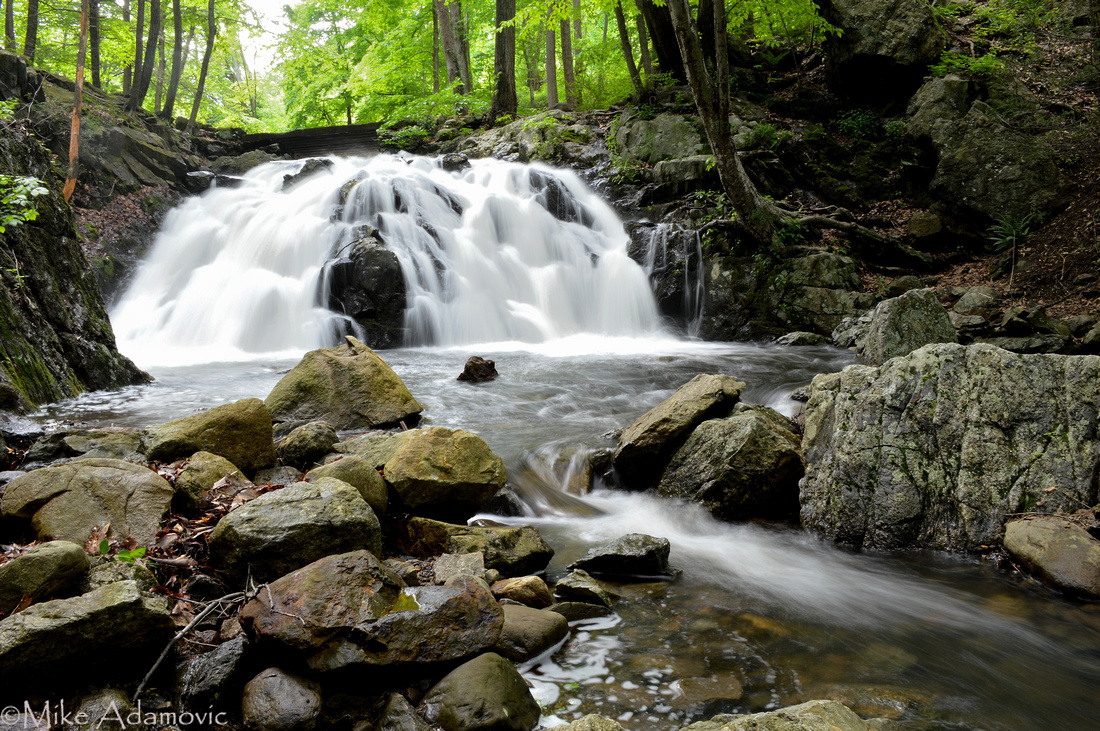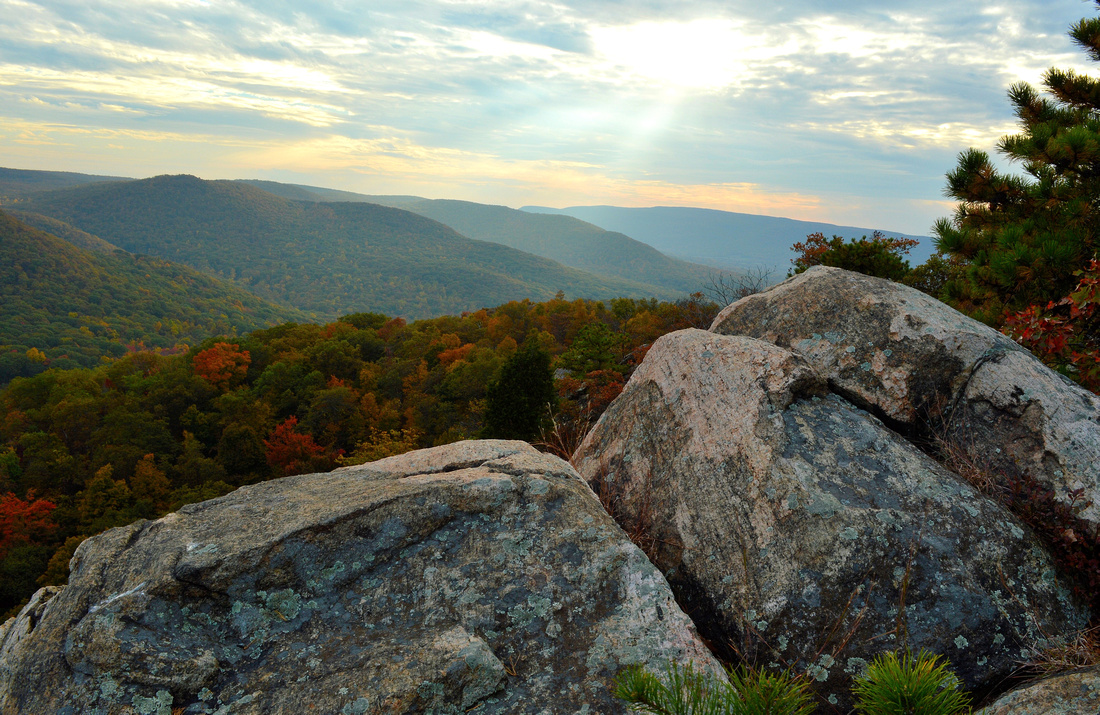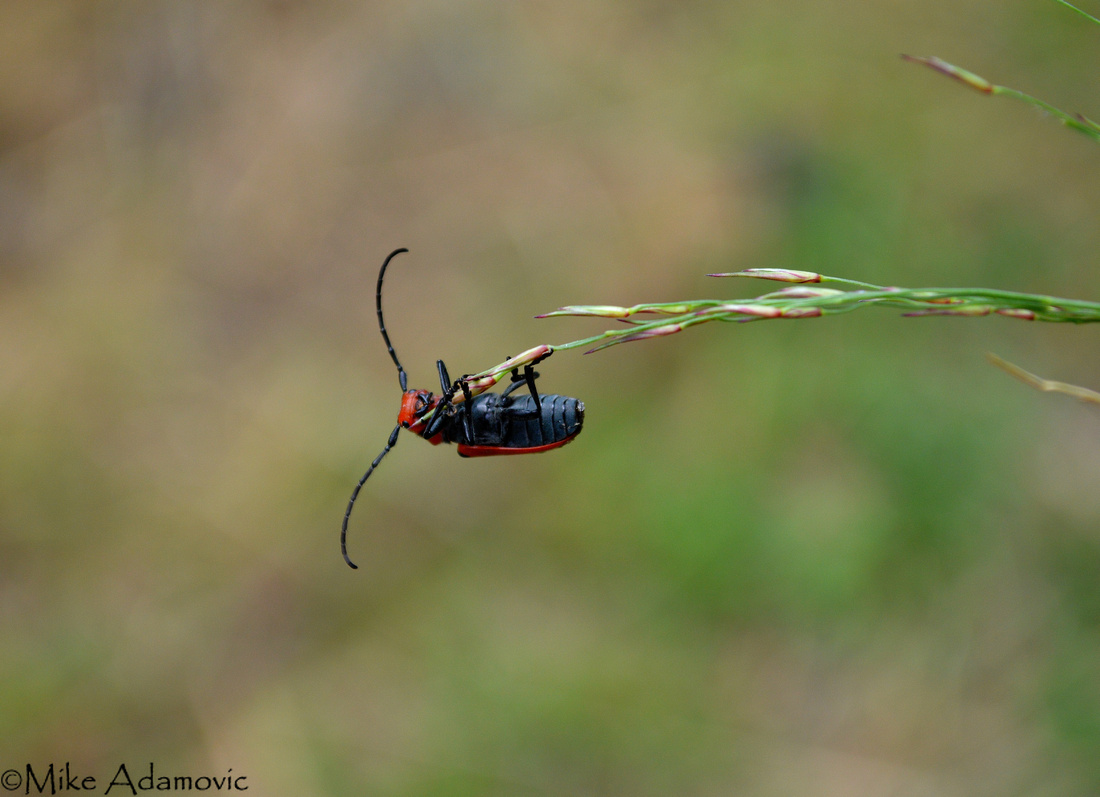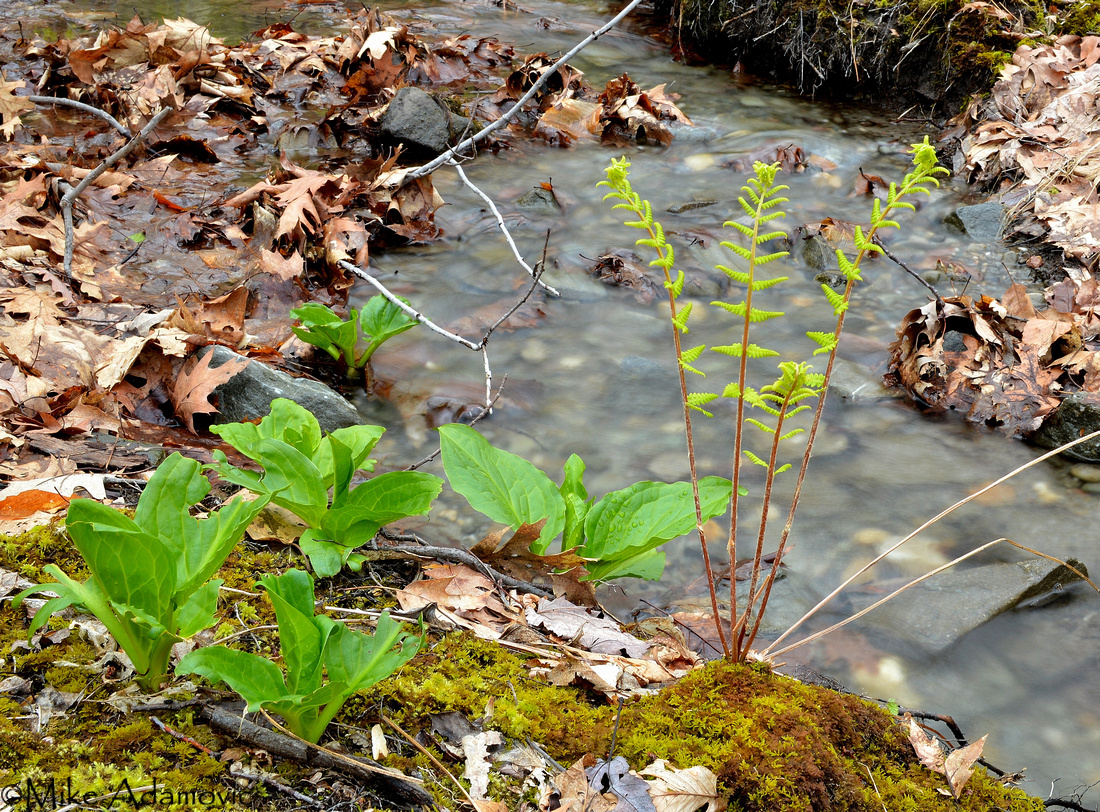Thoreau's "Tonic of Wildness"


Nature today is an element which we find ourselves as a society increasingly thirsting for as our lives become more disconnected and removed from the environment. It’s no coincidence that in the last several decades the environmental movement, hiking, backpacking, “going green,” and other similar activities and trends have proliferated. When we extricate ourselves from the natural world we begin to wither and degrade in the same manner as if we were suffering from a tangible vitamin deficiency or ailment. To ameliorate this, as Henry David Thoreau noted, “We need the tonic of wildness;” that it’s necessary from time to time to escape into nature and “wade sometimes in the marshes where the bittern and meadow-hen lurk… to smell the whispering sedge where only some wilder and more solitary foul builds her nest, and the mink crawls with its belly close to the ground.” Essentially, for this rejuvenating tonic to be effective one must completely surround and immerse themselves in the wild and untamed influences of nature.
Thoreau found that everlasting vigor and contentment was not to come from the amalgamation of noxious compounds forged together in a dank and congested lab, like the folly quest of an alchemist in search of some magical elixir, but that a real fountain of youth, a naturally occurring panacea, already exists and can be extracted from the earth as easily as an inhalation of breath into the lungs—taking a walk outside and imbibing in the fresh air and surrounding beauty is all that’s required. Such a simple discovery—yet one commonly overlooked by most who happen to believe happiness, health, and wealth can only come about by human innovation. He freely shared his keen insights, hoping to better a world he saw as following a “descending and darkening” path.
“Our vision does not penetrate the surface of things,” Thoreau records in Walden, pithily adding, “We think that that is which appears to be.” This is a man who possessed a remarkable power of observation and was able to look at even the seemingly most mundane of objects or situations and take away a grand or universal message. As he aptly put it, “The question is not what you look at, but what you see.” Reading his deeply insightful revelations today, many appear to be common sense logic—that anyone should be able to take away the same messages from viewing these things, yet few would be able to come upon the same conclusions before first becoming acquainted with Thoreau’s passages. It’s startling how superficial our outlook can be sometimes.
“While almost all men feel an attraction drawing them to Society, few are attracted strongly to Nature. In their relation to Nature men appear to me for the most part, notwithstanding their arts, lower than the animals. It is not often a beautiful relation, as in the case of the animals. How little appreciation of the beauty of the landscape there is among us! We have to be told that the Greeks called the world Kosmos, Beauty — or Order, but we do not see clearly why they did so, and we esteem it at best only a curious philological fact.”


Thoreau enjoyed discussing perception and drilling straight through things thought to be of adamantine strength, upending centuries or millennia of tradition with a simple sentence. He demonstrated that it’s necessary to constantly reposition ourselves to a new angle, allowing us to gain a clear line of sight into crevices which had once been obscured by our peripheral glances.
In his essay, Walking, Thoreau extols the virtues and benefits of sauntering outside on a regular basis, comparing a stroll through nature as a pilgrimage through the “Holy Land.” He didn’t see walking as a purely recreational hobby or a way to stay in shape, but viewed it as a vector to the divine. “The walking of which I speak has nothing in it akin to taking exercise,” he casually warns.
The diversity, richness, and beauty of the outdoors always offers up something new and exciting to those who take the time to view the works of nature. No matter how long an individual devotes to seeking out its mysteries there are always more to uncover. It’s something that can never be exhausted or lead to a dull monotony. You can focus on the landscape as a whole, or you can zoom into individual parts, which are no less detailed than the largest objects. “Nature is full of genius, full of divinity, so that not a snowflake escapes its fashioning hand.”


The other main reason Thoreau enjoyed rambling into the depths of primitive forests and summiting lonely peaks with majestic vistas was to withdraw from a society that stifled and frustrated him. “I love Nature,” Thoreau records in his journal, “partly because she is not man, but a retreat from him. None of his institutions control or pervade her… He is constraint, she is freedom to me. He makes me wish for another world. She makes me content with this.” In the woods he was buffered from prying eyes and would forget his “obligations to society.” Here he could unwind in a manner agreeable to himself. Many of us today can relate. Who after a foray into the woods hasn’t felt reinvigorated after the tension and accumulated stress of daily life gradually diminishes and fades away almost altogether?
Additionally, nature or “wildness,” as Thoreau was apt to describe it, is the spring-source of “absolute Freedom.” It offers up a fecund bounty free for the taking, whether of intangible experiences and opportunities or supplying all the “necessaries of life.” It doesn’t charge exorbitant entrance fees or monthly rent—rather, all who perambulate and harbor an earnest appreciation of the surroundings are entitled to a portion of its vast wealth. It doesn’t know of, nor respects, any imaginary boundary lines. An individual has free range of this “widespread garden” and can travel as far, or climb as high, as his own limits will allow. There are no laws to obey other than those of the universe.
An intimate relation to the bare and primitive elements, to those “forces not bound to be kind to man,” raw and uninhibited matter at its finest, removes all trivialness from the equation. We can see things as they truly are. Vain aspirations and undue pride evaporate as quickly as evening dew in front of the expanding morning sun. Facing such sublimity and wonder we “stand in awe,” and as Thoreau admittedly voiced, “I would fain return to my senses.” Amid a grove of gnarled soughing pines, jumbled heaps of stone, and stinging mountain air, we momentarily lose ourselves and observe that only the simple necessities have any true worth and permanent value.


A trip in the summer of 1846 to the craggy and windswept summit of Mt. Katahdin, a dizzyingly remote and lofty peak in Maine, provided Thoreau with a revelation exceedingly more profound than what he was normally dealt on his daily walks. Similarly to Moses who ascended Mt. Sinai and was bequeathed the Ten Commandments, Thoreau was also ordained a divine message that he would share with the world, one that reinforced and solidified what he already felt to be true about the necessity of pure, undiluted nature. He found Katahdin “a specimen of what God saw fit to make this world,” rhapsodically continuing:
“What is it to be admitted to a museum, to see a myriad of particular things, compared with being shown some star's surface, some hard matter in its home! I stand in awe of my body, this matter to which I am bound has become so strange to me. I fear not spirits, ghosts, of which I am one, — that my body might, — but I fear bodies, I tremble to meet them. What is this Titan that has possession of me? Talk of mysteries! — Think of our life in nature, — daily to be shown matter, to come in contact with it, — rocks, trees, wind on our cheeks! The solid earth! the actual world! the common sense! Contact! Contact! Who are we? where are we?”
Nature can be singularly congenial or it can be decidedly harsh, yet nevertheless, it always imparts a sense of wonder and divinity that can’t be located on such an encompassing level elsewhere, even in our most sanctimonious chapels and cathedrals. As Thoreau prophetically discovered, if you would converse or commune with God, it must be done face to face, in the open air. “Heaven is under our feet and as well as over our heads.”
Thoreau wished to take as much out of life, and live as close to the bone, as was humanly possible. When life’s conclusion approached he didn’t want to be among the discontented multitude that possessed heavy regrets and looked back to see that life had not been lived to the fullest. Instead, he aspired to “live so sturdily and Spartan-like as to put to rout all that was not life.” In the forests and the fields and anywhere else where nature resided, he journeyed to in order glimpse those eternal mysteries that imbue men with perennial youth. He has provided perhaps the most implicit and succinct reason coined to date that sums up of the pursuit of the wild—“I went to the woods because I wished to live deliberately.” It’s as simple as that.
O Nature! I do not aspire
To be the highest in thy choir, -
To be a meteor in thy sky,
Or comet that may range on high;
Only a zephyr that may blow
Among the reeds by the river low;
Give me thy most privy place
Where to run my airy race.
In some withdrawn, unpublic mead
Let me sigh upon a reed,
Or in the woods, with leafy din,
Whisper the still evening in:
Some still work give me to do, -
Only - be it near to you!
For I'd rather be thy child
And pupil, in the forest wild,
Than be the king of men elsewhere,
And most sovereign slave of care;
To have one moment of thy dawn,
Than share the city's year forlorn.
~Henry David Thoreau

